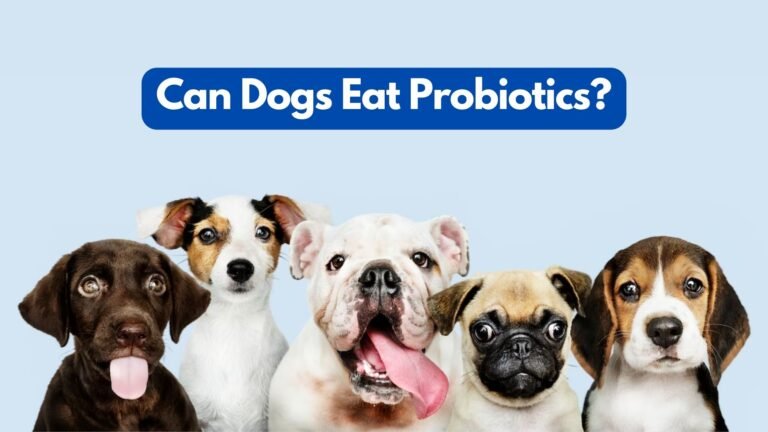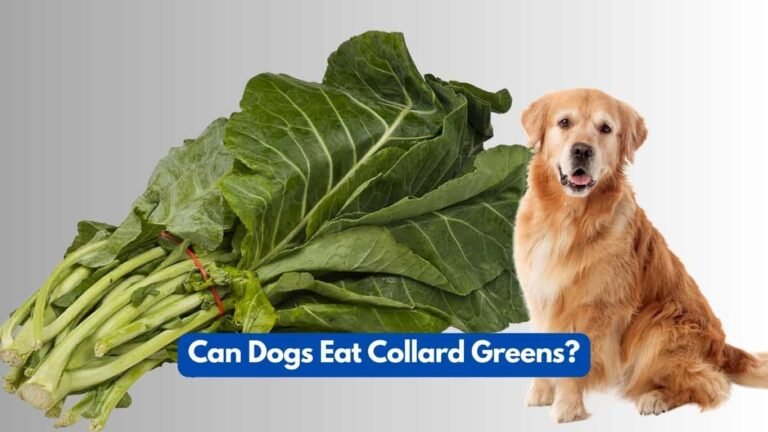Can Dogs Eat Roast Beef? The Answer May Surprise You
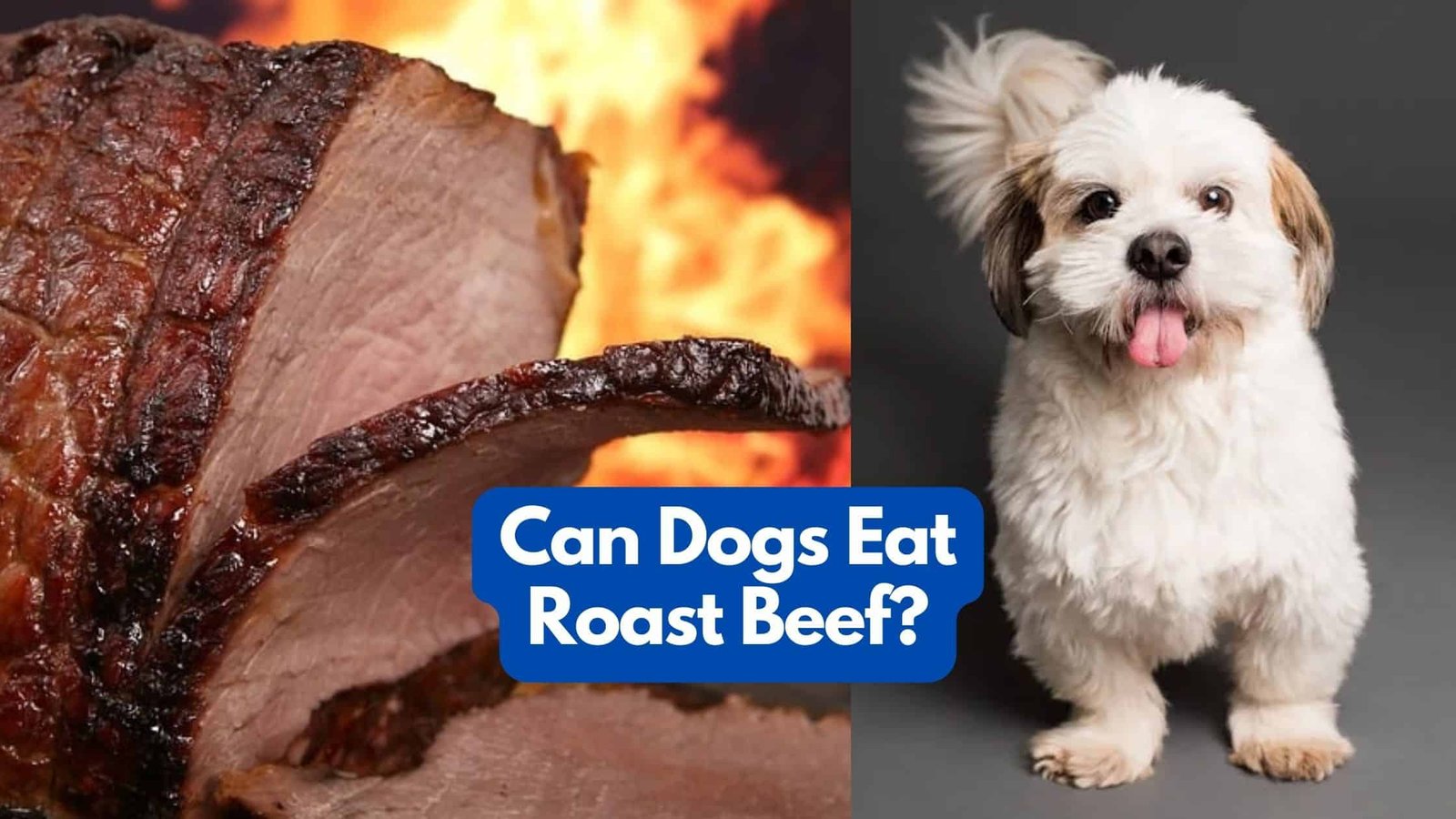
Can dogs eat roast beef? Well, the short answer is yes, dogs can eat roast beef, but as with all human foods, there are certain things you need to keep in mind.
Roast beef can be a great source of protein for your furry friend, but it’s important to ensure that it is cooked properly and doesn’t contain any added seasonings or spices that may be harmful to dogs. Additionally, some dogs may have underlying health conditions that may make it difficult for them to digest certain types of food, including roast beef.
In this blog post, I’ll dive deeper into the topic of dogs and roast beef, and provide some tips on how to incorporate it into your dog’s diet safely. So, if you’re a new or existing dog owner looking for some guidance on feeding your pup, keep reading!
Can Dogs Eat Roast Beef
Dogs can certainly eat roast beef. It’s actually a great source of protein for your furry friend, but there are some important things to keep in mind.
First, make sure the roast beef is cooked properly, unseasoned, and does not contain garlic, onions, or other ingredients that can be harmful to dogs. Second, roast beef is a high-fat food, so it should be given in moderation.
Finally, be sure to trim any fat or gristle from the roast beef before giving it to your dog. Overall, roast beef can be a healthy and delicious treat for your dog, as long as you take the proper precautions.
Read also, Can Dogs Eat Chicken Neck? Is It Good For Them?
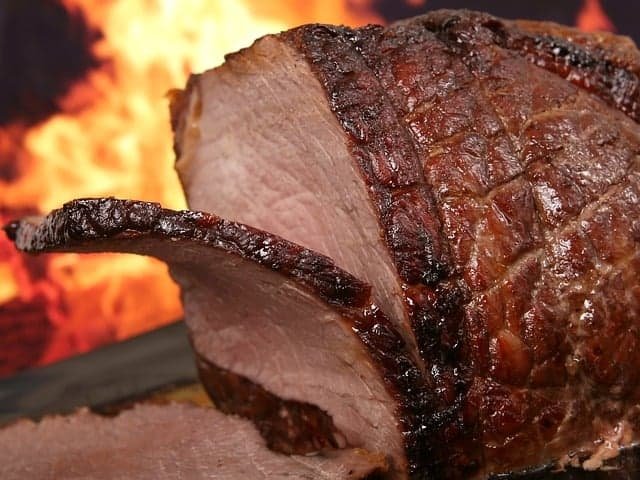
Can puppies eat roast beef?
It is not recommended that puppies eat roast beef. Although roast beef is not toxic to dogs, it can be hard for puppies to digest. The high fat content of roast beef can also cause digestive issues in puppies, such as vomiting and diarrhea.
Puppies are still developing and their digestive systems are not fully mature. Therefore, it is best to avoid giving them roast beef or other high fat foods. Instead, feed your puppy a healthy and balanced diet of puppy food, which will give them the nutrients they need to grow and develop properly.
6 Health Benefits Of Feeding Roast Beef To Dogs
Some health benefits of feeding roast beef to dogs include:
- Provides high-quality protein for muscle repair: Roast beef is a good source of protein, which helps dogs build and repair muscle tissue.
- Rich in vitamins and minerals: Roast beef is also rich in essential vitamins and minerals like iron, zinc, and vitamin B12, which helps dogs transport oxygen in their blood, boost immune and nervous system function, as well as wound healing.
- Energy boost: The high protein content in roast beef can provide your dog with an energy boost to power through their day.
- Can aid in weight management: While roast beef is a high-calorie food, it can still be a useful addition to a weight management plan for dogs when fed in moderation. Its protein content can help your dog feel fuller for longer periods of time, reducing their overall calorie intake.
- Helps with dental health: Chewing on small pieces of roast beef can help scrape away plaque and tartar buildup from your dog’s teeth, promoting good dental health.
- Helps to improve dog vision: Roast beef is a good source of vitamin A, which helps dogs with vision, bone development, and immune function.
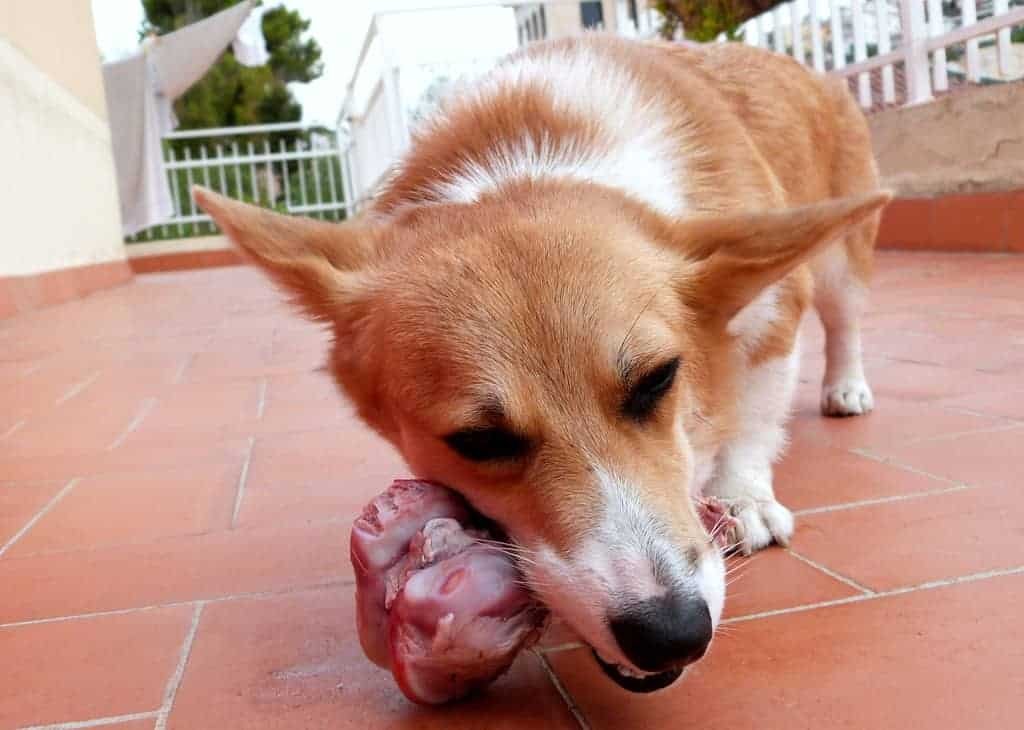
6 Potential Risks of Feed Roast Beef To Dogs
While it is true that dogs can eat roast beef, it’s important to be aware of the potential risks it may pose to their health.
Here are six potential risks of feeding your dog roast beef:
- High fat content: Roast beef is a high-fat food that can cause digestive upset, including diarrhea and vomiting, in some dogs. This risk is particularly significant for puppies, whose digestive systems may not be fully developed yet.
- Obesity: Feeding your dog too much roast beef can contribute to obesity, which can lead to a variety of health problems, including diabetes, heart disease, and joint issues.
- Pancreatitis: Dogs with pancreatitis are unable to properly digest fat, and feeding them foods like roast beef can make the condition worse and cause significant pain and discomfort.
- Seasonings and additives: Many roast beef preparations contain harmful seasonings and additives, such as garlic and onion powder, which can be toxic to dogs and cause anemia.
- Choking hazards: Large pieces of roast beef can pose a choking hazard, especially for small dogs and puppies.
- Bones: Feeding your dog bones from roast beef can lead to choking, intestinal blockages, and even puncture wounds in the digestive tract.
- Allergic reactions: Some dogs may have an allergic reaction to roast beef, which can be dangerous or even life-threatening. Symptoms of an allergic reaction include swelling of the face and neck, difficulty breathing, hives, and vomiting.
Spot the Dalmatian’s Beef Allergy: A Cautionary Tale
One summer day, a young Dalmatian named Spot decided to help himself to a piece of roast beef off the kitchen counter. He was very excited to find the tasty treat and devoured it quickly. Unfortunately, Spot didn’t realize that he was allergic to beef.
Shortly after eating the roast beef, Spot began to experience some concerning symptoms. He started vomiting and had diarrhea. His stomach felt very sore and he had trouble breathing.
Spot’s owner was very worried and rushed him to the vet. The vet determined that Spot was having an allergic reaction to the beef and gave him some medication to relieve the symptoms. Spot felt much better after the medication and was able to return home.
Spot’s story is a good reminder that not all dogs can tolerate all types of food. If your dog has allergies, it’s important to be careful about what you feed them. Talk to your vet about the best diet for your dog and be sure to avoid any foods that may cause an allergic reaction.
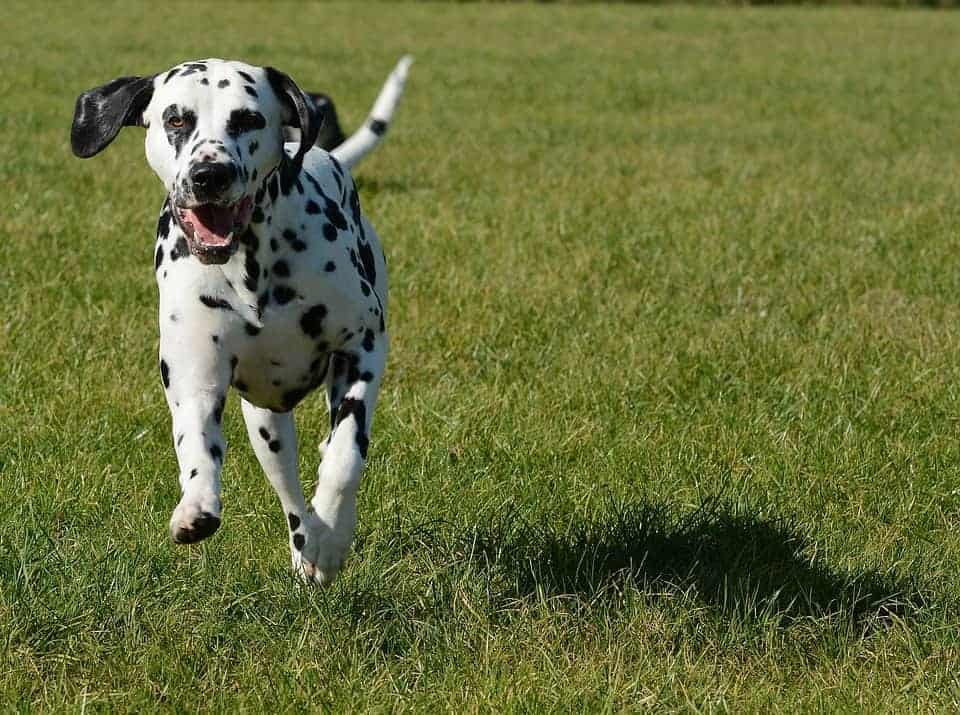
How to cook roast beef for dogs?
If you’ve decided to feed your dog roast beef, it’s important to know how to cook it properly to ensure it’s safe and healthy for your furry friend. Here are some tips on how to cook roast beef for dogs:
- Choose lean cuts: Opt for lean cuts of beef, such as sirloin or round roast, which have a lower fat content than fattier cuts like ribeye or prime rib.
- Avoid seasonings and additives: Skip the salt, garlic, and other seasonings and additives that can be harmful to dogs. Instead, season the beef with a small amount of unsalted broth or plain water.
- Cook thoroughly: Cook the beef until it reaches an internal temperature of 145°F (63°C) for medium-rare, or 160°F (71°C) for medium, to ensure it’s safe for your dog to eat. Avoid cooking it too well as this can make the beef tough and difficult for your dog to digest.
- Let it cool: Allow the roast beef to cool completely before feeding it to your dog, as hot foods can cause burns or other injuries to your dog’s mouth or digestive tract.
- Cut into small pieces: Cut the roast beef into small, bite-sized pieces to make it easier for your dog to eat and to reduce the risk of choking.
- Feed in moderation: Roast beef should be fed to dogs in moderation, as too much can cause digestive upset and other health issues. Talk to your veterinarian about how much roast beef is appropriate for your dog’s size, breed, and overall health.
By following these tips, you can safely and deliciously prepare roast beef for your furry friend to enjoy as an occasional treat.
How to Feed Roast Beef To Dogs With Special Dietary Needs
While roast beef can be a great addition to your dog’s diet, it’s important to consider their special dietary needs. Here are some things to keep in mind if your dog has specific dietary requirements:
1. Roast beef for dogs with allergies
If your dog has a food allergy, it’s important to avoid feeding them roast beef if beef is the allergen. Signs of an allergic reaction can include skin irritation, vomiting, diarrhea, and difficulty breathing. Instead, use alternative protein sources that may be better suited for your dog’s specific needs.
2. Roast beef for dogs with diabetes
Dogs with diabetes require a carefully regulated diet to manage their condition. While roast beef can be a good source of protein for diabetic dogs, it’s important to feed it in moderation and balance it with other foods that won’t spike their blood sugar levels. Creating a customized diet plan for your dog with diabetes may be the best way to go.
3. Roast beef for dogs with digestive issues
If your dog has a sensitive stomach or digestive issues, roast beef may not be the best choice for them. High-fat foods like roast beef can make digestive issues worse and cause diarrhea or vomiting in dogs. Instead, consider leaner protein sources like chicken or fish.
By considering your dog’s special dietary needs and consulting with your veterinarian, you can ensure that roast beef is a safe and healthy addition to their diet.
Alternatives to Roast Beef for Dogs
I highly recommend incorporating a variety of protein sources into your dog’s diet to provide them with a balanced and nutritious meal. While roast beef can be a tasty option, there are plenty of alternatives to consider that can offer unique health benefits. Here are six alternatives to roast beef for dogs, along with their benefits:
- Chicken: Chicken is a lean protein source that is easy to digest and provides essential amino acids for your dog’s health. It is also a great source of vitamin B6, which helps support your dog’s immune system and energy production.
- Turkey: Turkey is another lean protein source that is rich in nutrients like B vitamins, iron, and zinc. It is also lower in fat than beef, making it a great option for dogs who need to watch their weight.
- Fish: Fish like salmon or tuna are excellent sources of protein and omega-3 fatty acids, which can help support your dog’s skin and coat health. Omega-3s can also have anti-inflammatory properties, which may benefit dogs with joint or skin issues.
- Lamb: Lamb is a protein-rich alternative to roast beef that can be a good option for dogs with beef allergies or sensitivities. It is also a good source of zinc and vitamin B12, which can help support your dog’s immune system and energy levels.
- Venison: Venison is another alternative protein source that can be a good option for dogs with beef allergies or sensitivities. It is also low in fat and high in nutrients like iron and vitamin B12.
- Eggs: Eggs are a great source of protein and can be an affordable and easy-to-prepare addition to your dog’s diet. They are also rich in essential amino acids, vitamins, and minerals, making them a nutritious option for dogs of all ages.
Conclusion
Can dogs eat roast beef? The answer is yes. But while roast beef can provide certain nutritional benefits for some dogs without any issues, it’s crucial to approach it with caution. Factors such as allergies, portion control, and cooking methods can significantly impact the suitability of roast beef for your furry friend.
Remember, every dog is unique, and what works for one may not work for another. As responsible dog owners, it’s our duty to prioritize their health and well-being by making informed decisions about their diet. Consulting with a veterinarian and considering alternatives to roast beef can help ensure a balanced and safe meal plan for your dog.
So, the next time you’re tempted to share a delicious slice of roast beef with your canine companion, take a moment to reflect on their specific needs. After all, their happiness and longevity are worth all the thoughtful considerations we put into their nutrition.
Frequently Asked Questions Similar To “Can Dogs Eat Roast Beef?”
Can dogs eat roast beef deli meat?
Roast beef deli meat can be given to dogs in moderation, as long as it is free from any harmful seasonings or additives like garlic or onion powder. It’s important to choose low-sodium options and avoid deli meats that contain excessive preservatives or high amounts of sodium.
Can dogs eat roast beef and gravy?
While plain roast beef can be a suitable treat for dogs, it’s best to avoid giving them roast beef with gravy. Gravy often contains ingredients like onions, garlic, and excessive salt, which can be harmful to dogs. These ingredients may cause digestive upset or even toxicity.
Can I give my dog raw roast beef?
It is not recommended to feed your dog raw roast beef. Raw meat carries a risk of bacterial contamination, such as salmonella or E. coli, which can be harmful to dogs and humans alike. It’s safer to thoroughly cook the roast beef before offering it to your dog.
Can dogs eat roast beef fat?
Feeding roast beef fat to dogs is generally not recommended. High-fat foods can cause digestive issues, pancreatitis, and may lead to obesity in dogs. It’s best to trim off excess fat before offering roast beef to your dog and opt for lean cuts instead.
Can dogs eat roast beef from Arby’s?
While roast beef itself may not be inherently harmful to dogs, it’s important to note that fast-food roast beef may be prepared with additional seasonings, sauces, or additives that can be unhealthy or even toxic for dogs. It’s safer to prepare roast beef at home without any added ingredients to ensure your dog’s safety.
Can roast beef cause obesity in dogs?
Feeding excessive amounts of roast beef or including it as a regular part of your dog’s diet can contribute to obesity. Moderation is key.
Can roast beef cause choking hazards?
Large pieces of roast beef can pose a choking hazard, especially for smaller dogs. Always ensure that the meat is cut into bite-sized portions.
Can dogs eat roast beef bones?
No, it’s not recommended to feed dogs roast beef bones. They can splinter and cause choking, dental issues, or even internal injuries.
Can roast beef be a nutritious treat for dogs?
Roast beef can provide dogs with protein, iron, and other nutrients. However, it should be given as an occasional treat and balanced with a complete and balanced diet.
References
- Spoiled Hounds – Can Dogs Eat Roast Beef? What You Need To Know
- My Pet Child – Can Dogs Eat Roast Beef? When it is or isn’t an Emergency
